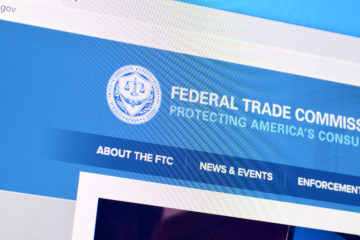Market Institute President Charles Sauer has a new opinion piece in the Washington Examiner on the Biden administration’s targeting of the commercial rail industry.
Here’s an excerpt:
“Distraction though the invasion of Ukraine is, President Joe Biden already had a big problem on his hands in the form of inflation. Instead of addressing the problems that drive inflation, such as growing labor costs, he keeps blaming others. His administration has blamed Big Tech, Big Meat, and now, they are trying to blame “Big” Rail.
Yet the facts don’t add up.
Unlike the other industries in the crosshairs, freight rail has a long economic track record, and the results show market intervention produces bad outcomes. As an infrastructure type saddled with immense hard costs, a web of regulations, and powerful labor unions, railroading is hard. And now, the industry is under attack by the Biden administration and his U.S. Surface Transportation Board, or STB, because they don’t think there is enough competition.
The Biden administration is claiming that the big evil freight railroads must be reined in and competition forced upon them!
The problem for Biden is that micromanaging the freight rail industry has already been tried. We have the data, and they show that regulations increase prices instead of lowering them. This is really Economics 101: If you increase the cost of the goods to provide a product, then you have increased the cost of the product. So, what is the regulatory proposal?
The administration and STB are pushing to force the switching of cargo between railroads. This change may drive down rates for a small number of powerful shippers for a small time, but railroads already switch traffic between each other on behalf of customers, doing so where it makes sense logistically and economically. And, forcing railroads to carry traffic on behalf of a competitor, analogous to forcing Walgreens to let CVS sell products in its stores, is hardly competition.
Of course, the arguments over Freight Rail rates are one of the oldest in our government. But the lessons learned aren’t what proponents would have you think. When many of the regulations around pricing were reduced in the 1980s, competition drove prices down. In fact, they went down a lot, as much as 44%, and productivity increased.
Also, while “deregulation” has become a Republican talking point — the last major round of regulatory reform in the freight rail industry was passed by a Congress led by Democratic majorities and signed into law by President Jimmy Carter. This was the very deregulation that led to the boom in the industry and continues to provide benefits.
It’s worth repeating: When prices were deregulated for freight rail shipping, costs went down, productivity went up, and volume went up. These are all things that help keep inflation low.”
Read the rest of the article at the Examiner by clicking here.


